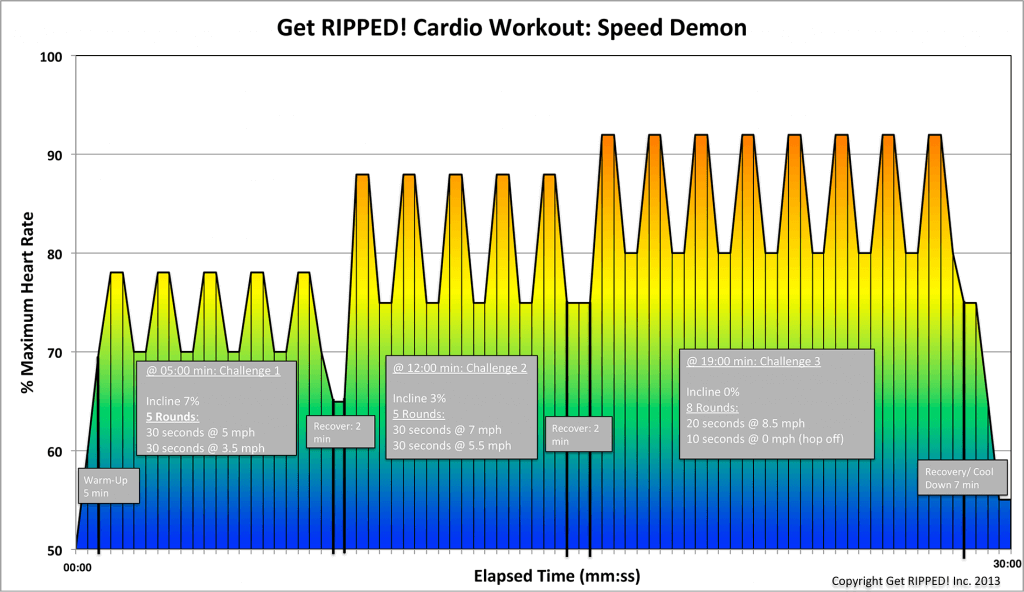Blog, Nutrition, Nutrition Tips
Best Supplements For A Leaky Gut
For a while, doctors didn’t recognize leaky gut as a real condition, but now they do. The question is whether leaky gut is a cause of problems or just another symptom of a disease. It occurs when the tight junctions in the intestinal wall open wider and let harmful substances into the bloodstream. The exact reason leaky gut occurs is still a mystery, so simply identifying risk factors can help identify the supplements that can help. Risk factors include a high sugar intake, drinking too much, long-term use of NSAIDs, chronic inflammation, stress, nutrient deficiencies, yeast overgrowth, and an imbalance in the gut microbiome.
Certain vitamin deficiencies are linked to leaky gut, so supplementation might be in order.
Studies show that people with deficiencies in vitamin D, vitamin A, and zinc may have increased permeability of the intestines. Vitamin A helps support the mucous membranes in the digestive tract. Studies show that lower serum retinol—a form of vitamin A—was directly related to higher permeability of the gut. In other words, it leaked more. Zinc supplements strengthen the gut lining and vitamin D helps maintain the gut microbiome while improving the junctions and maintaining the mucosa.
Improving the microbiome by consuming probiotic foods and supplements and prebiotic foods.
The gut microbiome determines your gut health. It can take care of your gut and your overall health or destroy it. Having a healthy digestive microbiome is important, so supplementing with probiotics may help. One study found that using multi-strain probiotic supplements following intense exercise reduced the marker showing gut leakage. It also helps to increase soluble fiber in your diet. It feeds the beneficial bacteria to boost beneficial microbes. Sweet potatoes are one source of soluble fiber.
Certain types of protein can help heal the gut.
Collagen is important for all parts of the body, including the gut. One bioavailable form of collagen, a protein, is collagen peptides. It has anti-inflammatory properties that can help prevent the breakdown of the gut walls. Another important amino acid is glutamine. It increases the growth and overall health of intestinal cells. It also may improve intestinal permeability following intense exercise.
- Before you supplement, look at your diet. Cut out refined carbs, especially food that has added sugar. Limit the use of NSAIDs, which are painkillers like ibuprofen. Add more fibrous foods to your diet.
- Food with added sugar is a big offender. It not only increases inflammation, but it also increases fungi in your microbiome. Fungi requires sugar and causes you to crave it, which makes the problem even worse.
- Digestive enzymes may help with leaky gut. They aid in breaking down food, improving digestive health, and improving the immune system.
- Curcumin is a chemical found in turmeric and other yellow plants, giving the plant its yellow color. It is known for its anti-inflammatories properties and is beneficial for the digestive tract.
For more information, contact us today at Get RIPPED! by Jari Love


